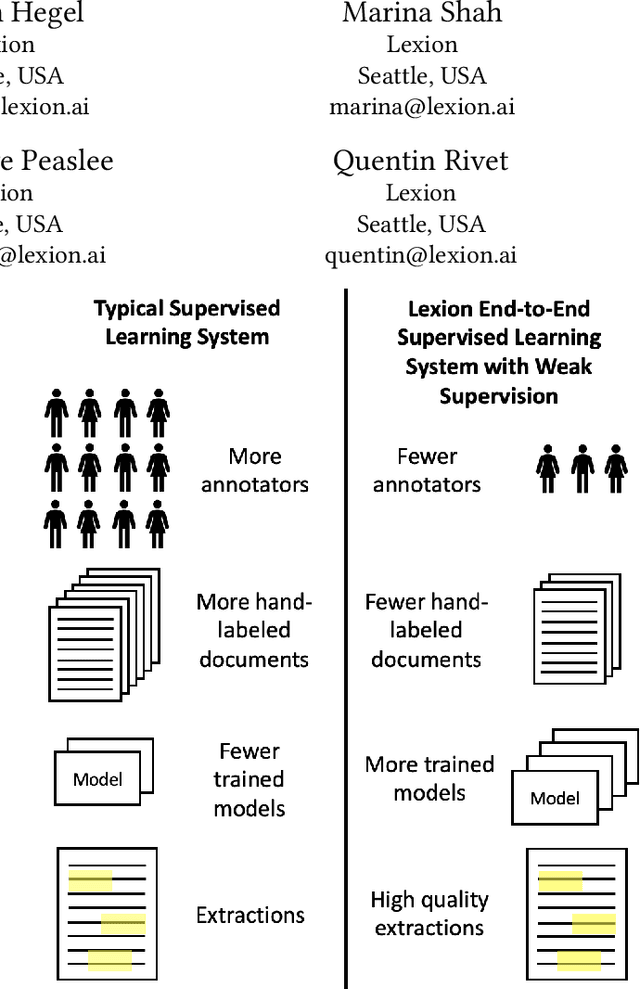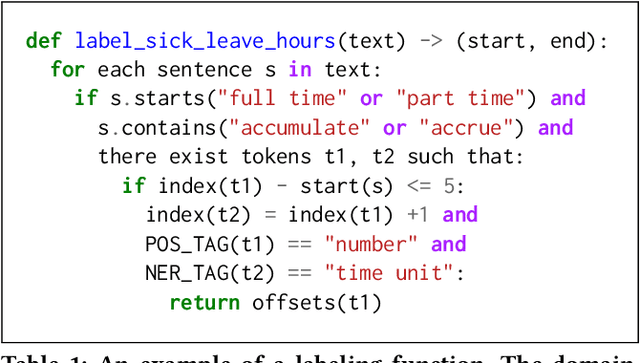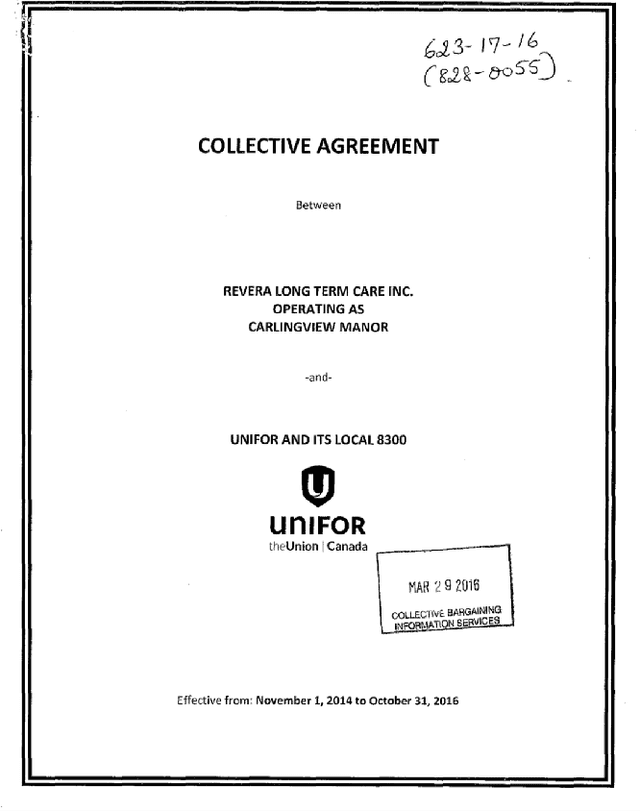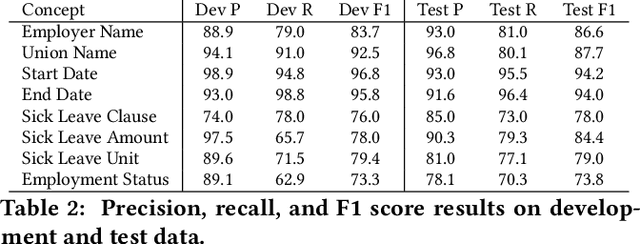Quentin Rivet
DeeperDive: The Unreasonable Effectiveness of Weak Supervision in Document Understanding A Case Study in Collaboration with UiPath Inc
Aug 17, 2022



Abstract:Weak supervision has been applied to various Natural Language Understanding tasks in recent years. Due to technical challenges with scaling weak supervision to work on long-form documents, spanning up to hundreds of pages, applications in the document understanding space have been limited. At Lexion, we built a weak supervision-based system tailored for long-form (10-200 pages long) PDF documents. We use this platform for building dozens of language understanding models and have applied it successfully to various domains, from commercial agreements to corporate formation documents. In this paper, we demonstrate the effectiveness of supervised learning with weak supervision in a situation with limited time, workforce, and training data. We built 8 high quality machine learning models in the span of one week, with the help of a small team of just 3 annotators working with a dataset of under 300 documents. We share some details about our overall architecture, how we utilize weak supervision, and what results we are able to achieve. We also include the dataset for researchers who would like to experiment with alternate approaches or refine ours. Furthermore, we shed some light on the additional complexities that arise when working with poorly scanned long-form documents in PDF format, and some of the techniques that help us achieve state-of-the-art performance on such data.
 Add to Chrome
Add to Chrome Add to Firefox
Add to Firefox Add to Edge
Add to Edge